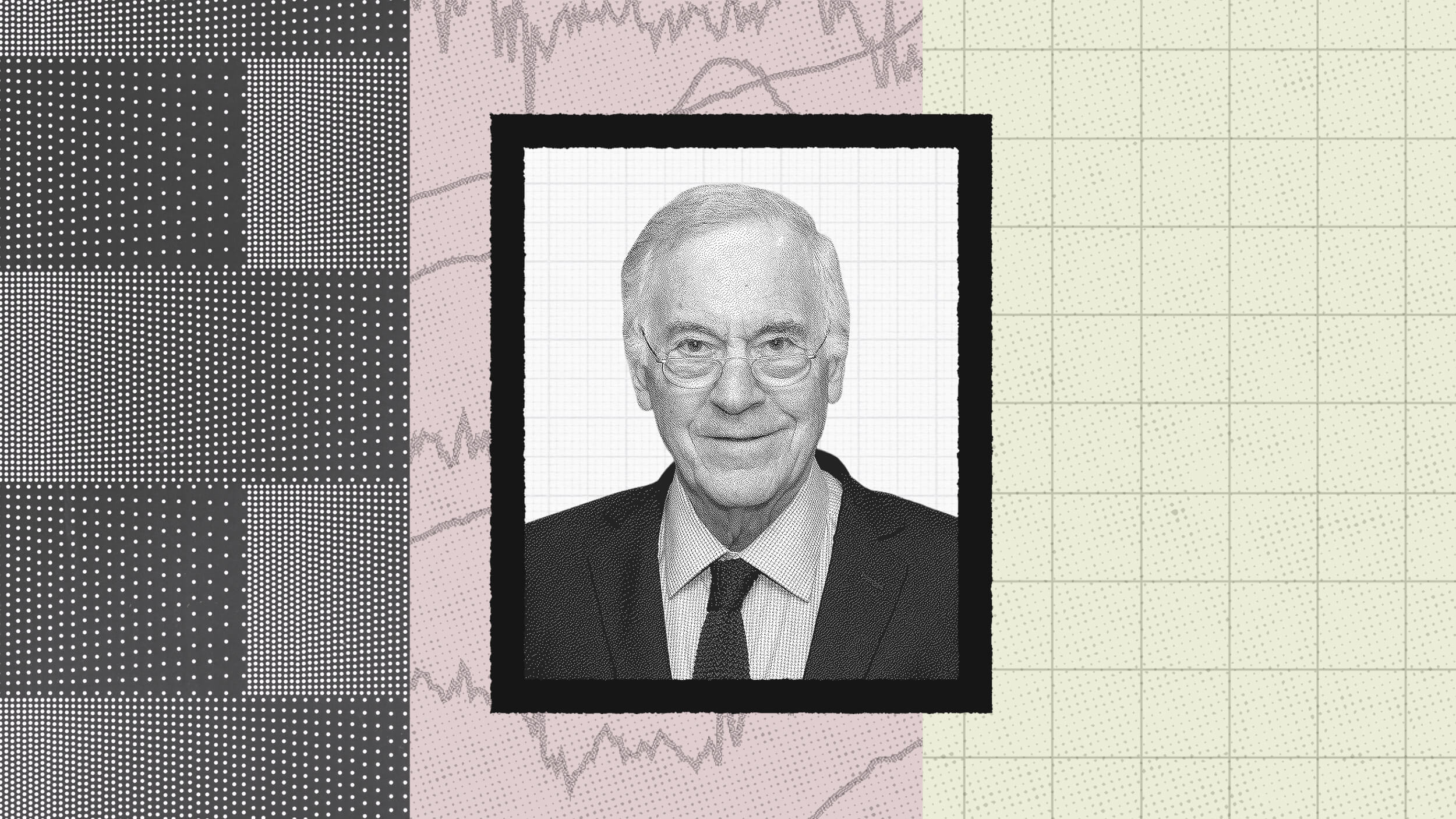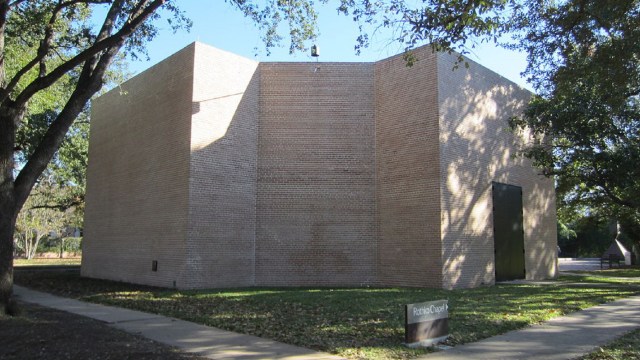Floating University: When Ideas Have Authority, We Learn, Profit, and Grow
Global Population Boom: Are People the Problem, the Solution, or Both?
Professor Joel Cohen first asks and answers the question, “How did humans grow from small populations on the African savannah to almost seven billion people?” After holding steady for thousands of years, the world population exploded after 1800, more than tripling in 200 years. And while the rate of population growth is slowing down, Cohen shows how high birth rates in poor countries are turning societies on their head and leading to explosive problems in the future. Can we prevent an outcome where rich western countries are in permanent population decline while cities in Africa, South America, and Asia swell into massively overcrowded slums with no access to education, healthcare, or hope? Cohen applies demography to this pressing question with fascinating results.
How We Speak Reveals What We Think, with Steven Pinker
How is it that human beings have come to acquire language? Steven Pinker’s introduction to the field includes thoughts on the evolution of spoken language and the debate over the existence of an innate universal grammar, as well as an exploration of why language is such a fundamental part of social relationships, human biology, and human evolution. Finally, Pinker touches on the wide variety of applications for linguistics, from improving how we teach reading and writing to how we interpret law, politics, and literature.
How Societies Should Organize: Balancing Freedom and Community
Engagement with the the fundamentals of political philosophy is an essential step toward being able to think critically about the power structures in place and make your voice heard as a citizen. Professor Tamar Gendler begins with the question of why human beings should cooperate, then looks at the different answers that arise from two very different perspectives: Hobbes’ theory of self-interest versus the social contract theory of Rousseau and Locke. Next, she shows how, with Marx’s communism, political philosophy evolved to the point at which it had the power to overturn established hierarchies and dominate the international politics of the twentieth century.
A universe in a nutshell: The physics of everything, with Michio Kaku
In a profoundly informative and deeply optimistic discussion, Professor Michio Kaku delivers a glimpse of where science will take us in the next hundred years, as warp drives, teleportation, inter-dimensional wormholes, and even time travel converge with our scientific understanding of physical reality. While firing up our imaginations about the future, he also presents a succinct history of physics to the present.
Everyone Has Their Price: An Introduction to Economics
Levmore brings the future of economics into sharp focus by contrasting the approaches of the emerging global economic powers of India and China. From the basics of pricing, demand, and competition, to global politics and the future of government, Dr. Levmore makes it easy to see economics at work all around us. This may well be the only field in which thinking about the cost of a chocolate chip cookie or how airline ticket pricing works is expected to provide insights into the machinations of the entire world.
Psychology is the Study of Innate Human Compassion
Give Paul Bloom one hour, and he’ll teach you “the psychology of everything.” Through the case studies of compassion, racism, and sex, Dr. Bloom explores the intrinsic fundamentals of human nature, including some of our most intriguing tendencies, such as the kindness of babies, stereotyping (which can be both detrimental and beneficial), and our universal sense of beauty. Additional topics addressed in the lecture include: “What do studies suggest is the number one characteristic that males and females look for in a mate?”, “How can I get someone to have compassion for causes I care about?”, “Are we all unconscious racists?”, and even, “What do the porn preferences of monkeys tells us about our own sexual choices?”
Social capital: If you want to succeed, start making friends
If you think you’re in complete control of your destiny or even your own actions, you’re wrong. Every choice you make, every behavior you exhibit, and even every desire you have finds its roots in the social universe. In his lecture, Nicholas Christakis explains why individual actions are inextricably linked to sociological pressures. Whether you’re absorbing altruism performed by someone you’ll never meet or deciding to jump off the Golden Gate Bridge, collective phenomena affect every aspect of your life.
Inside Every Human Cell May Lie the Fountain of Youth
Professor Douglas Melton begins with a look at the basis for regenerative medicine, the human body’s ability to divide, grow, and specialize cells. With a solid foothold in developmental biology, we see how this knowledge led to the breakthrough cloning experiments we’re all familiar with: Hello, Dolly! Next, we’re introduced to the science of stem cells and their greatest hope: new “man-made” stem cells that could soon be used to reverse incurable degenerative diseases like diabetes, heart disease, and Alzheimer’s. Lastly, Professor Melton tells how these same stem cells may be the keys that unlock an end to aging as we know it.
The Great Unexpected Utility of the Arts
Art is often dismissed as being purely subjective, but President Botstein argues that there are some commonalities among the diverse products that different people call art. He points out that art-making is uniquely a human activity, that it has its own semantic vocabulary that transcends the limitations of language, that its very existence is meaningless without viewer engagement and response. He argues that the most important thing about art is every person’s capacity to make it, and that the body/mind discipline of cultivating your artistic abilities has collateral utility for every aspect of life. By the end of the lecture you will understand why you should actively make art part of your life-long education.
Strange Beauty: How Reading the Classics Will Change You
From “What’s the best kind of life for a human?” to “How should governments be arranged?”, the great classics tackle some of the most enduring questions that have resisted the attempts of science and the ages to solve. Brenzel will try to convince you that having intimate conversations with these great works will not only build your intellectual muscle but will also help you to grapple with the big questions in your own life and improve your judgment.
Learn to Invest and Start a Business in Under an Hour
We all want to be financially stable and enjoy a well-funded retirement, but we don’t want to squander our hard-earned money on poor investments. In this powerful lecture, Ackman navigates the complex landscape of how businesses work and how to make smart investments following a simple business model we can all relate to: a lemonade stand. From balance sheets and growth assumptions to the difference between debt and equity, by the end of the hour you will have a working vocabulary of financial terms.
Ideas Rule the World, not Kings or Corporations
How many people remember who ruled England when Chaucer wrote or when Milton wrote or when Shakespeare wrote or even when Dickens wrote? Lawrence Summers makes the compelling case that history is shaped by ideas and the spread of knowledge rather than empire and conquest. Every innovative policy, maverick action, and upset of the status quo is rooted in an idea, a small pebble that starts a wave that eventually reaches all shores.





